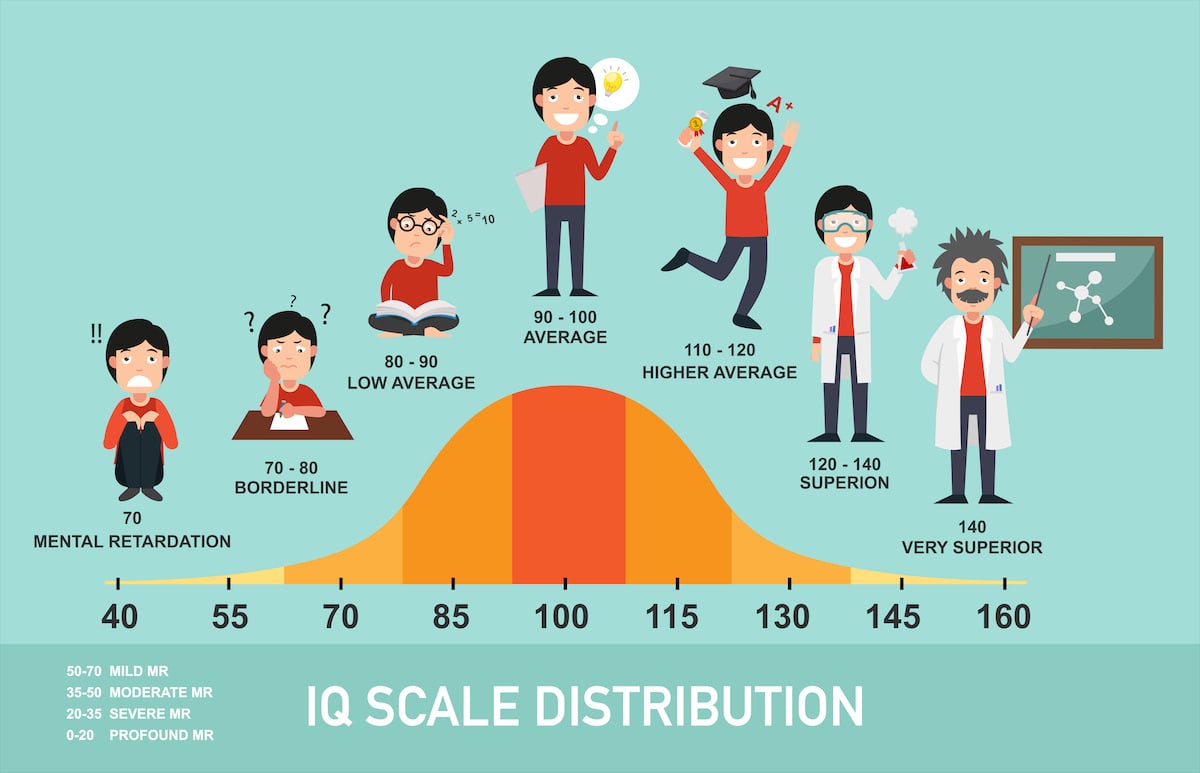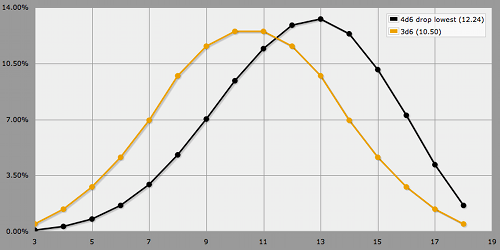Personal experience, the testimony seen in discussion on these boards, and the rules themselves. You may feel free to not find that convincing.
(genuinely want to know where this concept is coming from for 5e specifically - or is this a commentary on TTRPGs in general?)
D&D, all editions. It applies to many other games, but I make no claim of it being general to TTRPGs.
Display of the character's physical traits requires interaction with the physical aspects of the fictional world, and is always GM mediated in D&D - the GM says, yes, no, or roll a check. However, the player can sometimes interact with the non-physical aspects of the game without GM mediation.
The most simple example of this is the typical wizard's tower, with a door whose lock is a logic puzzle. The player may substitute their own intelligence for their character's, and solve the puzzle without reference to the character's attributes. More subtle is the act of tactical battle planning - where the player may do deep rules-analysis for a character, and come up with optimal battle plans, while playing a character who couldn't reason their way out of a paper bag.
If such stuff doesn't bother you, that's fine. But there's nothing wrong with a group setting some expectations on what kinds of activity is consistent with a given attribute score.
As noted, this also applies on the upper end - players may not be geniuses, but may be playing a high-Int character, and there is nothing wrong with setting expectations for how that can be handled.
I mean, it could. For example, the queen may be less likely to take serious someone who trips over her red carpet than someone who does not. Or perhaps she might find such clumsiness endearing. Roleplaying such might even earn said player inspiration in 5e.
I'm trying to use examples that I expect are common, or broadly applicable. One can always construct a specific hypothetical that seems like it raises a question. However, that amounts to cherry-picking hypotheticals. In practice, the more specific the hypothetical you construct, the less it suggests a need to cover it in Session Zero.
And yet the mental skills outnumber the physical skills 14 to 4 when we consider ability checks with proficiency.
But the actual rules for using them have no tactical depth to speak of.
In many cases, these skills present examples where the player can bypass the mechanics - the old "use fire on trolls" example leaps to mind. The player has read the MM, and knows that trolls are vulnerable to fire. It was never established in the fiction that the character knows this about trolls. The player declares an action specifically attacking a troll with flame, bypassing the Nature check that would commonly be called for.
However, the player cannot bypass the attack roll itself - when it comes to the physical, they are bound by the mechanic. In the space of information, they can be supported by the mechanics, but are not bound by them.




